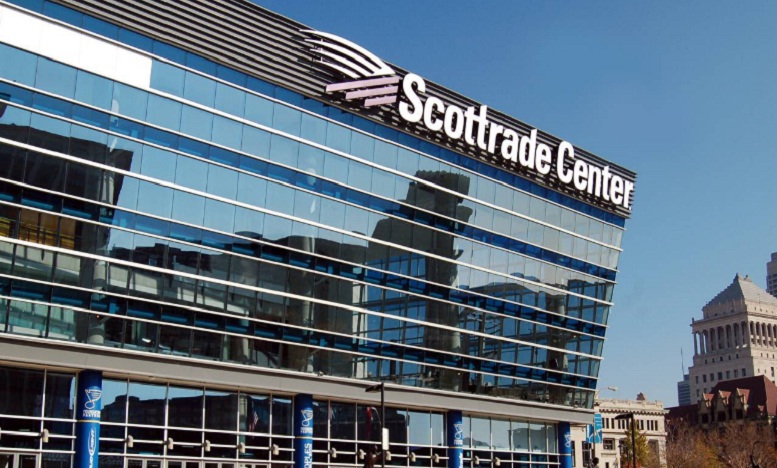Online brokerage firms are slowly falling into disfavor . . . but why?
The consensus seems to point toward a lack of communication. Although e-brokerage firms offer many features, such as 24/7 online access and increased autonomy, studies show that sometimes additional features interfere with a customer’s ability to understand and operate the mechanics of their trading portfolio.
“Although investment firms are offering more online tools and information for self-directed investors in 2013, the additional content and capabilities may actually make it more difficult to access the functions investors are seeking if a website is not easy to navigate and communication is not clear,” according to a study by J.D. Power & Associates 2013 U.S. Self-Directed Investor Satisfaction StudySM. They reported a 16-point drop in overall investor satisfaction with self-directed investment firms.
Portfolio performance was shown to suffer, as well as satisfaction with technical support, information resources, and account offerings.
Of note are Wells Trade, Merrill Edge, and Sharebuilder from Capital One, who were all rated well-below the average national satisfaction rating. Scottrade, Charles Schwab, Vanguard, and T. Rowe Price, topped the list, with scores ranging from 790 to 810 out of a 1,000 points.
Why aren’t online brokerage firms performing better?
Communication. Only a third of these firms were reported to have contacted their clients twice or more to update them services and products. In 2012, that figure was 39%.
Overall customer confusion enters in as well, with investors saying that only 35% understood their fee structure (down from 39% the year prior).
Director of the wealth management practice at J.D. Power, Craig Martin, pointed out, “Firms need to know how their investors would like to be notified—whether it occurs via email, phone or other means. It’s important to contact investors proactively and at the appropriate frequency based on investor preference.”
So what should e-traders be thinking about when deciding which brokerage to go with?
Trading fees are a major consideration. E-brokerages charge between $5-$200 per trade, quite a large margin, and an investor’s decision should reflect their trading style. An active trader, for example, will likely want to find one that is more economical.
Also, hidden fees enter into the picture. For instance, e-brokerage Just2trade initially appears to be a smart choice with its $2.50 transaction fee. Under the radar, however, are its $50 transfer fee for transactions between your IRA to another firm, and $35 for the task of holding your IRA.
“Investment firms miss an important opportunity to keep self-directed investors informed about fees, investor tools and other product offerings by not communicating in the manner and frequency that investors prefer,” said Martin.
Featured Image: twitter










